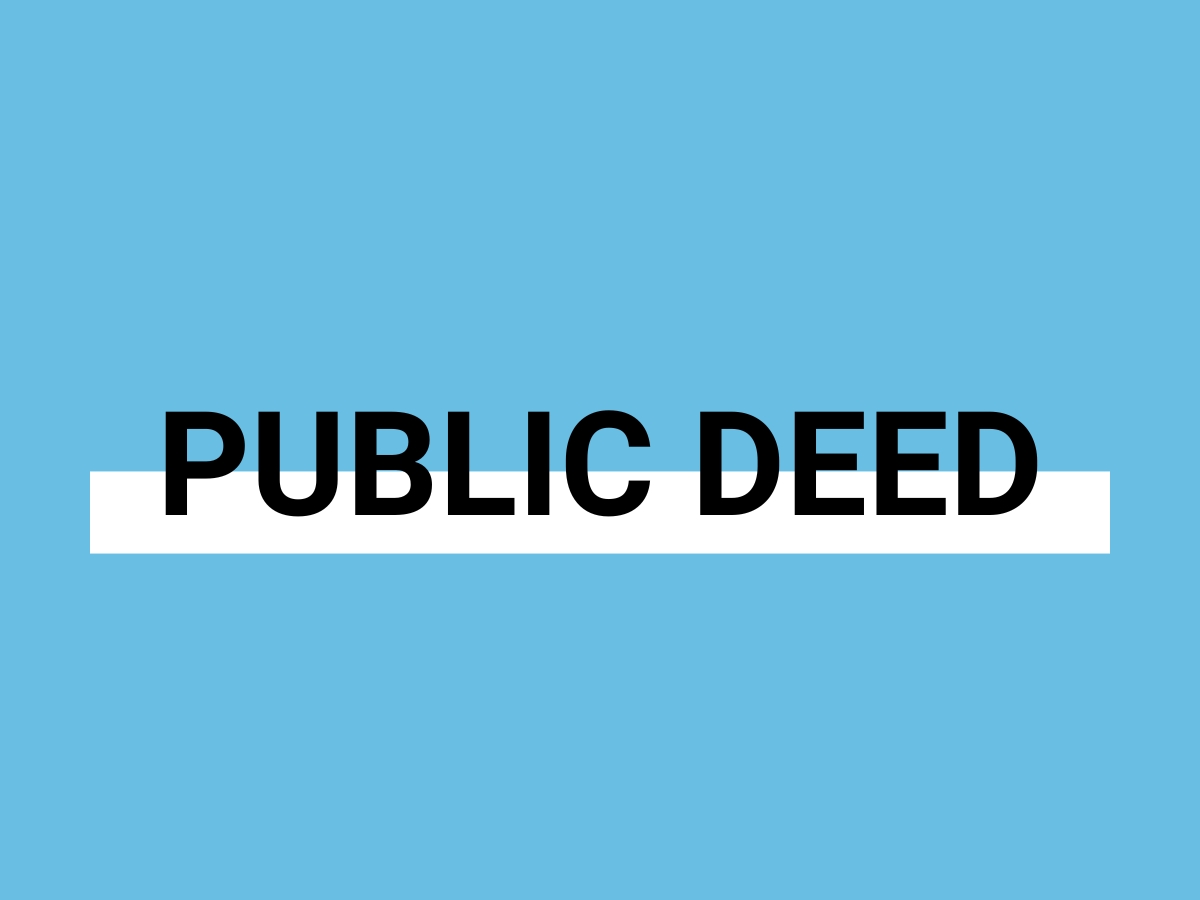The public deed consists of the act in which the purchase and sale of a property is established. It is carried out through a contract and is the final stage of the process. It is usually preceded by a promise of purchase and sale agreement, where a value is paid to demonstrate the interest in purchasing the property, and a deadline is set for the signing of the deed.
In addition to signing the Promise of Purchase and Sale Agreement, it is necessary to obtain the certificate of contents or the property registration certificate and the habitation license. The various stages of the property purchase and sale do not have a set time frame and depend on several factors, such as the use of bank credit. Therefore, there is no defined or fixed window of time for the signing of the deed.
For the deed to be carried out, the presence of both parties (buyer and seller) is mandatory. The contract is signed before a notary, who certifies the compliance with the law and verifies the identity of both parties, witnessing the purchase and sale of the property.
The deeds can be performed at a Notary’s Office, a Land Registry Office, or at a Casa Pronta service desk.
What documents are required?
After the promise of purchase and sale agreement is signed, several documents need to be organized for the deed. They are as follows:
Civil and tax identification documents of the parties involved;
Promise of purchase and sale agreement of the property;
Rural/Urban Property Register or Property Registration Request (Model I of IMI) issued by the Tax and Customs Authority;
Usage license;
Housing Technical File;
Energy Certificate;
Certificate of contents;
Mortgage discharge;
Payment of IMT (Municipal Tax on Property Transfers) and IS (Stamp Duty);
BUPI (Real Estate Unique Identification System);
Declaration of non-indebtedness from the condominium;
Plans.
The sale of properties in insolvency processes is exempt, according to the law, from presenting the Usage License, Energy Certification, and the Technical File. Properties from collective insolvencies benefit from exemptions from IMT and Stamp Duty.
What is the cost of the public deed?
The costs associated with the deed are typically borne by the buyer. The cost of the deed depends on a number of factors, including:
Purchase price of the property;
Whether it is a first or second home;
Costs associated with paying the stamp duty on the transaction;
Stamp duty on the credit;
Registration of the deed;
Costs related to Casa Pronta services, the land registry office, or the notary;
Costs associated with paying IMT. IMT rates can be checked on the Tax Authority Portal;
Location of the deed.
Article by Isabel Meireles dated November 29, 2024.

